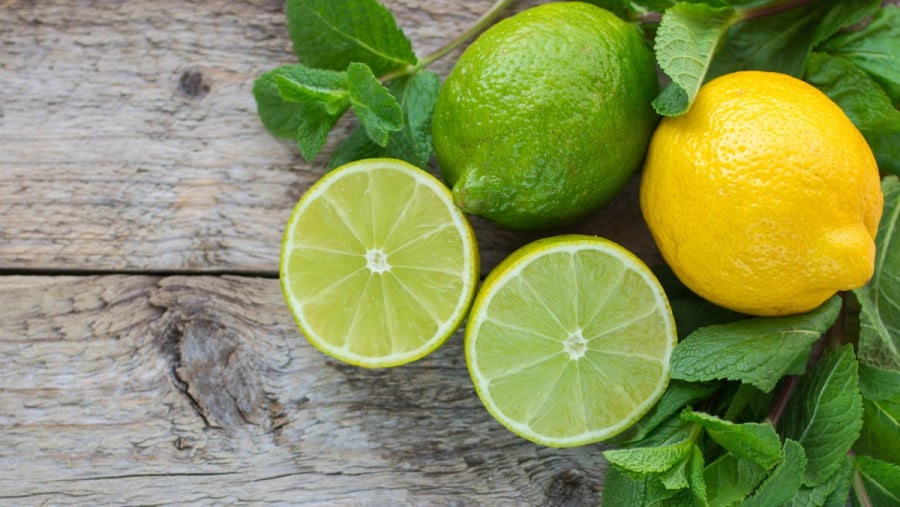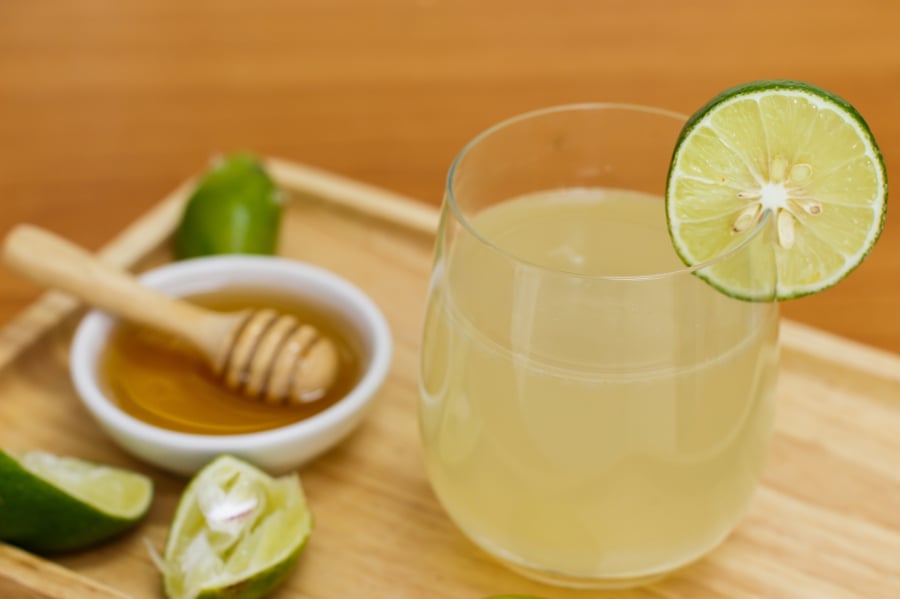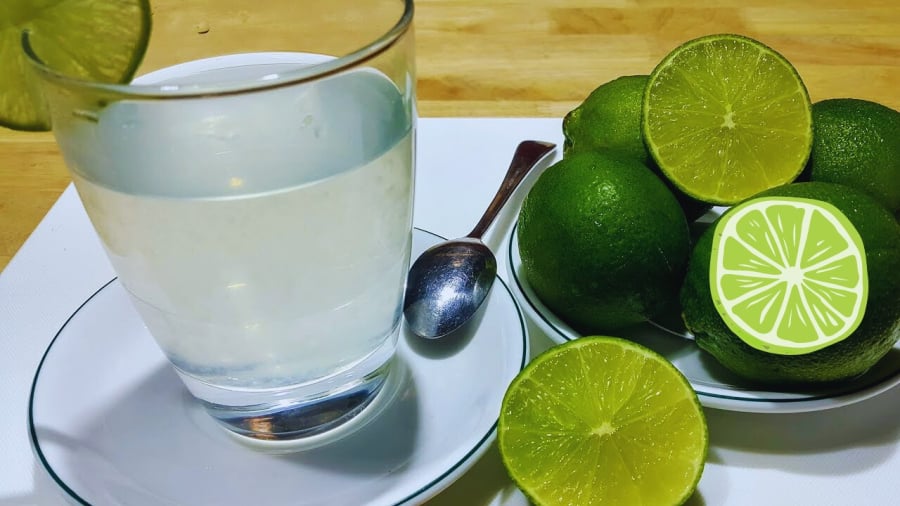Fatty liver disease is an increasingly common condition in modern society, primarily caused by excessive consumption of oily foods, fried items, and high-protein diets, coupled with unhealthy eating habits, lack of physical activity, or metabolic disorders. Alongside medical treatment prescribed by a healthcare professional, individuals can incorporate natural remedies, such as daily lemon water consumption. Below is a guide on how to drink lemon water correctly to effectively and safely support fatty liver reduction.

Benefits of Lemon Water for Fatty Liver
Lemons are a well-known fruit rich in vitamin C, antioxidants, and citric acid. These components stimulate the liver to produce enzymes, aiding in toxin elimination, enhancing metabolism, and reducing fat accumulation in the liver. Properly prepared lemon water also supports digestion, reduces inflammation, and helps manage weight—factors closely linked to fatty liver.
Daily Lemon Water Routine for Optimal Liver Support
Consume in the morning, on a slightly empty stomach (20–30 minutes after waking up)
This is when the body best absorbs nutrients and naturally detoxifies. Warm lemon water stimulates digestion, boosts detoxification, and enhances liver function.

Perfect Preparation:
1/2 fresh lemon
250–300ml warm water (40–50°C)
Avoid adding sugar. For better taste and added benefits, include 1 teaspoon of pure honey (if not diabetic).
Never consume excessive lemon or undiluted lemon juice, as it can be counterproductive.
Highly concentrated lemon juice or undiluted lemon can irritate the stomach lining, increasing the risk of gastritis and acid reflux. Additionally, high acidity can harm tooth enamel over time. Dilute with sufficient water and use a straw to minimize direct contact with teeth.
Limit to 1 glass per day
Despite its benefits, lemons are acidic, and excessive consumption can harm the stomach. One morning glass is sufficient.
Pair with a balanced diet
Remember, lemon water is not a miracle cure. To improve fatty liver, adopt a diet rich in vegetables, fruits, and limit fried, fatty foods. Regular exercise is also essential.

Precautions for Lemon Water Use in Fatty Liver
Individuals with stomach ulcers, gastroesophageal reflux, or lemon allergies should avoid this remedy.
Do not drink lemon water on an overly empty stomach, especially if physically weak, as it may cause discomfort.
Always use fresh, clean lemons with clear origins. Avoid bottled lemon juice, which may contain preservatives.
In summary, properly prepared lemon water can be a beneficial natural remedy for fatty liver. However, for significant results, maintain a healthy lifestyle, balanced diet, and schedule regular health check-ups every 6 to 12 months.
Is Showering After Eating Good For You? Understanding the Ideal Bathing Habits
Taking a bath is an everyday activity that offers us a chance to unwind, relax, and escape the mundane. It is a simple pleasure, a ritualistic practice that transforms our mundane routine into a therapeutic experience. With each soak, we immerse ourselves in a sanctuary of tranquility, where the warmth of the water envelops us, soothing our tired muscles and calming our minds. It is within this sanctuary that we find solace, a momentary escape from the chaos of daily life, allowing us to emerge refreshed and rejuvenated, ready to embrace the world anew.
The Truth About Your Aging: Questions Unveiled
“Aging gracefully, with a sharp mind and healthy body, is a goal for many of us. But do we ever pause to consider if our daily actions are truly contributing to this aspiration? It’s time to reflect and ask ourselves: are we actively nurturing our physical and mental well-being to achieve this vision of a fulfilling life?”





































